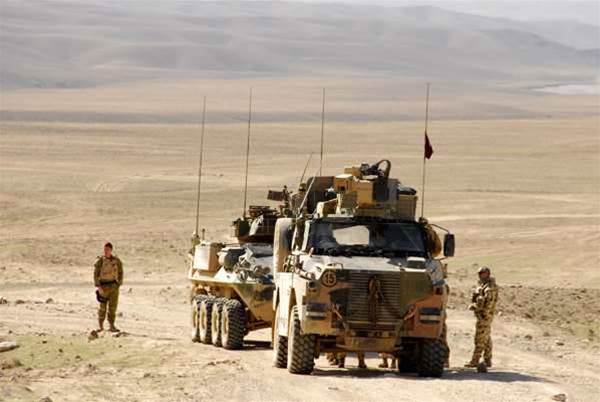The head of the UN International Telecommunications Union (ITU) has told delegates at the ITU Telecom World 2009 conference that the next big war will most likely be fought online.
Hamadoun Touré said that countries are becoming increasingly dependent on the internet to control basic services, and that any future war could focus more on the online world, since such a battle would allow weaker adversaries to fight on a level playing field with larger powers.
"The next world war could happen in cyber space and that would be a catastrophe. We have to make sure that all countries understand that, in that war, there is no such thing as a superpower," Touré said, according to French news agency AFP.
"Loss of vital networks would quickly cripple any nation, and none is immune to cyber attack."
After examples of cyber attacks against Estonia and Georgia, governments are increasingly aware that they need to beef up their online defences.
Nato has already started work on this, and the US Department of Homeland Security announced last week that it is looking to hire 1,000 new IT security specialists.
However, delegates were told that much of the problem with online security lies with poorly written software.
"The real problem is that we're putting software on the market that is as vulnerable as it was 20 years ago," said Cristine Hoepers, general manager of the Brazilian National Computer Emergency Response Team.
"If you see the vulnerabilities that are being exploited today, they are still the same. Universities are not teaching students to think about that. We need to change the workforce. We need to go to the universities. We need to start educating our professionals."



_(23).jpg&h=140&w=231&c=1&s=0)
_(33).jpg&h=140&w=231&c=1&s=0)
_(20).jpg&h=140&w=231&c=1&s=0)





 iTnews Executive Retreat - Security Leaders Edition
iTnews Executive Retreat - Security Leaders Edition
 iTnews Benchmark Awards 2026
iTnews Benchmark Awards 2026
 iTnews Cloud Covered Breakfast Summit
iTnews Cloud Covered Breakfast Summit
 The 2026 iAwards
The 2026 iAwards












_(1).jpg&h=140&w=231&c=1&s=0)



